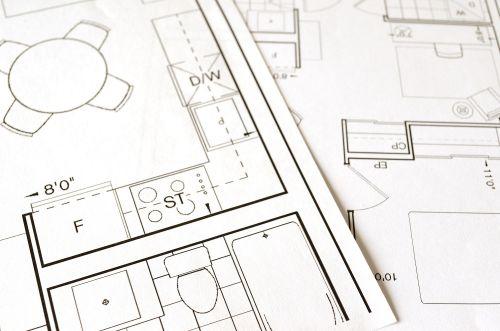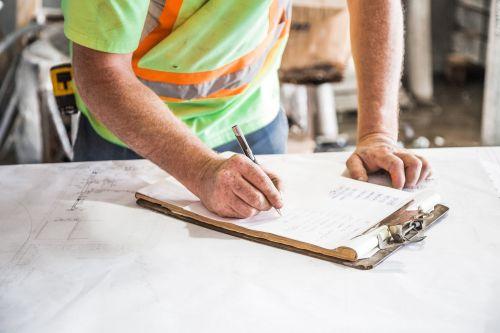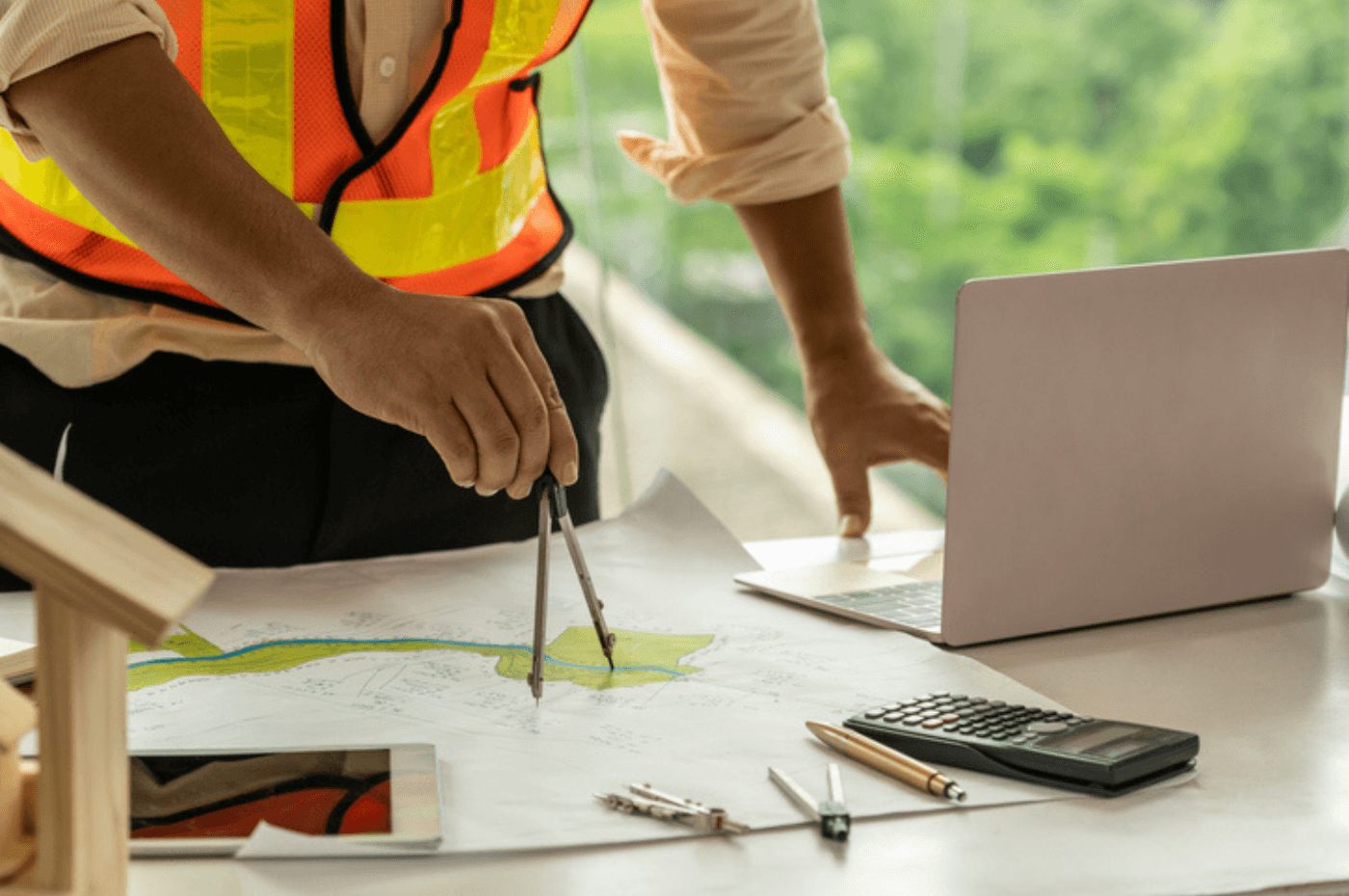Reviewing the certificate of location is essential prior to sealing the deal on a property purchase. It plays a pivotal role in preventing any unexpected issues that could arise post-transaction.
Buying property is a major financial decision. Before signing the deed of sale, it's essential to conduct a thorough review of all relevant documents. This includes obtaining documents that confirm the property's condition and legal standing.
Enter the certificate of location; a document that holds significant importance in this process. Let's explore everything you need to know about this essential document.
What is a certificate of location?
The certificate of location, including both a report and a plan, presents the expert assessment of a land surveyor regarding a property. It evaluates various aspects of the property's status, including its:
- Occupancy details
- Title deed information
- Cadastre particulars
- Relevant legal provisions ans regulations.
It's important to note that this document is confidential and is shared exclusively with specific parties such as the buyer, notary, creditor, or lawyer.
Is the certificate of location mandatory?
The certificate of location is an essential document in property transactions, making it a mandatory requirement for buying or selling various types of properties including houses, condos, vacant or developed lots.
As buyers, it's imperative to conduct a comprehensive review of this document BEFORE finalizing any transaction. The information it provides can significantly influence the property's value and may affect future expansion or redevelopment plans.

What type of information does it typically contain?
As previously mentioned, the certificate of location consists of two main components: a report and a plan.
The report should include the following information:
- Cadastral identification of the propery
- Easements, including rights of way
- Encroachments
- Compliance with municipal regulations
- Identification on any potential risk zones, such as flood-prone areas or location subject to landslides or riparian protection regulations.
On the other hand, the plan should visually illustrate essential elements of the property, including:
- The dimensions and positioning of the house
- The size and shape of the lot
- Locations of additional structures such as pools or sheds
- Indications of occupancy such as hedges or fences
- Placement of utility cables for electricity and telecommunications
- Positions of essential features like wells and septic tanks.
It's essential to emphasize that the certificate of location serves as the sole document capable of providing all necessary information to guarantee the buyer's security.
How can I obtain a certificate of location when selling a house?
Issuing a certificate of location falls within the expertise of a land surveyor, making them the primary point of contact for obtaining this document.
While both the seller and buyer can request a certificate, according to the Civil Code, it's mandatory for the seller to provide a copy of the certificate they have on hand to the buyer.
However, the adequacy of this requirement is questioned, as highlighted by the Association professionnelle des notaires du Québec (APNQ). They point out that a seller could technically meet this obligation by providing an outdated certificate, which might not accurately reflect the property's current state, rendering it ineffective for the buyer.
In cases where the provided document is outdated or does not accurately represent the property's current condition, the notary may advise the buyer to obtain a new certificate of location to ensure comprehensive and up-to-date information.

How long is a certificate of location valid?
The validity period of a certificate of location remains indefinite, as there is no specific law or regulation that dictates its expiration. Its relevance diminishes over time, depending on any alterations made to the property.
However, the Ordre des arpenteurs-géomètres du Québec (OAGQ) notes that ‘’lending institutions or cautious notaries may demand a recent certificate reflecting the property's current condition. ‘’
Non-compliant certificates: when should they be renewed?
While there's no formal regulation dictating the validity period, experts typically recommend renewing a certificate of location every 10 years. This timeframe aligns with the 10-year acquisitive prescription outlined in section 2917 of the Civil Code of Quebec.
In cases of uncertainty about the validity of the existing document, whether it belongs to you or the current property owner, it’s advisable to obtain a new one. This guarantees that the certificate accurately reflects the property's current state, thus thereby averting any potential unexpected complications down the line.
Irrugarities that may be observed
When a new certificate of location is issued, the survey conducted by the land surveyor may reveal various irregularities. Here are some examples of problematic scenarios that could be uncovered during the surveyor's examination:
- Structures encroaching onto neighbouring properties
- Encroachment on easements
- Non-compliance with specific municipal bylaws
- Violation of visibility triangle regulations (applicable to properties located at street corners, where constructions, fences, hedges, or other structures over 90 centimetres in height are prohibited).
Undoubtedly, purchasing a property with any of these issues would be undesirable. Therefore, ensuring the accuracy and validity of your certificate of location is crucial to avoid complications during the transaction process.

How long does it take to obtain a certificate of location?
Obtaining a certificate of location for your property involves a site visit by a land surveyor to gather measurements and observations. This procedure naturally incurs a delay before the document can be provided to you.
According to the Organisme d’autoréglementation du courtage immobilier du Québec (OACIQ), you should allocate approximately 4 to 6 weeks for the preparation of the certificate. Additionally, it's essential to consider that the notary must have access to the certificate at least 20 days before the signing of the deed of sale.
To avoid any delays, it’s recommended to review the certificate of location as soon as possible. If necessary, promptly contact a land surveyor to initiate the production of a new document.
How much does a certificate of location cost in Quebec?
According to the OAGQ's the approximate cost of a certificate of location for a single-family home in an urban area is around $1,580.
For more information on the cost of land surveyor services, see How much does a land surveyor cost?
Who pays for the certificate of location: the buyer or the seller?
In many cases, the promise to purchase commonly stipulates that if a new certificate of location reveals no changes from the one provided by the seller, the buyer is responsible for covering the associated costs. Conversely, if the new certificate includes additional elements or alterations, it becomes the seller’s obligation to cover the costs.
Is it possible to purchase a house without a certificate of location through title insurance?
Although title insurance provides coverage for title-related issues, it cannot fully replace the need for a certificate of location. This insurance has its constraints and may not extend to certain issues, such as encroachments by fences or hedges, which could have been detected by an updated certificate of location.
While title insurance offers valuable additional protection, it’s essential to understand that its purpose differs from that of a certificate of location, which provides comprehensive insights that cannot be entirely replaced.
Are you looking for a land surveyor to obtain a location certificate?
XpertSource.com can help you find a land surveyor. When you tell us about your project, we put you in touch with qualified resources for FREE. Simply fill out our form ( it only takes a few minutes ) and we will connect you with professionals.
Do you want to be put in touch with real estate professionals and get quotes? Contact us at 1 833 679-2310




